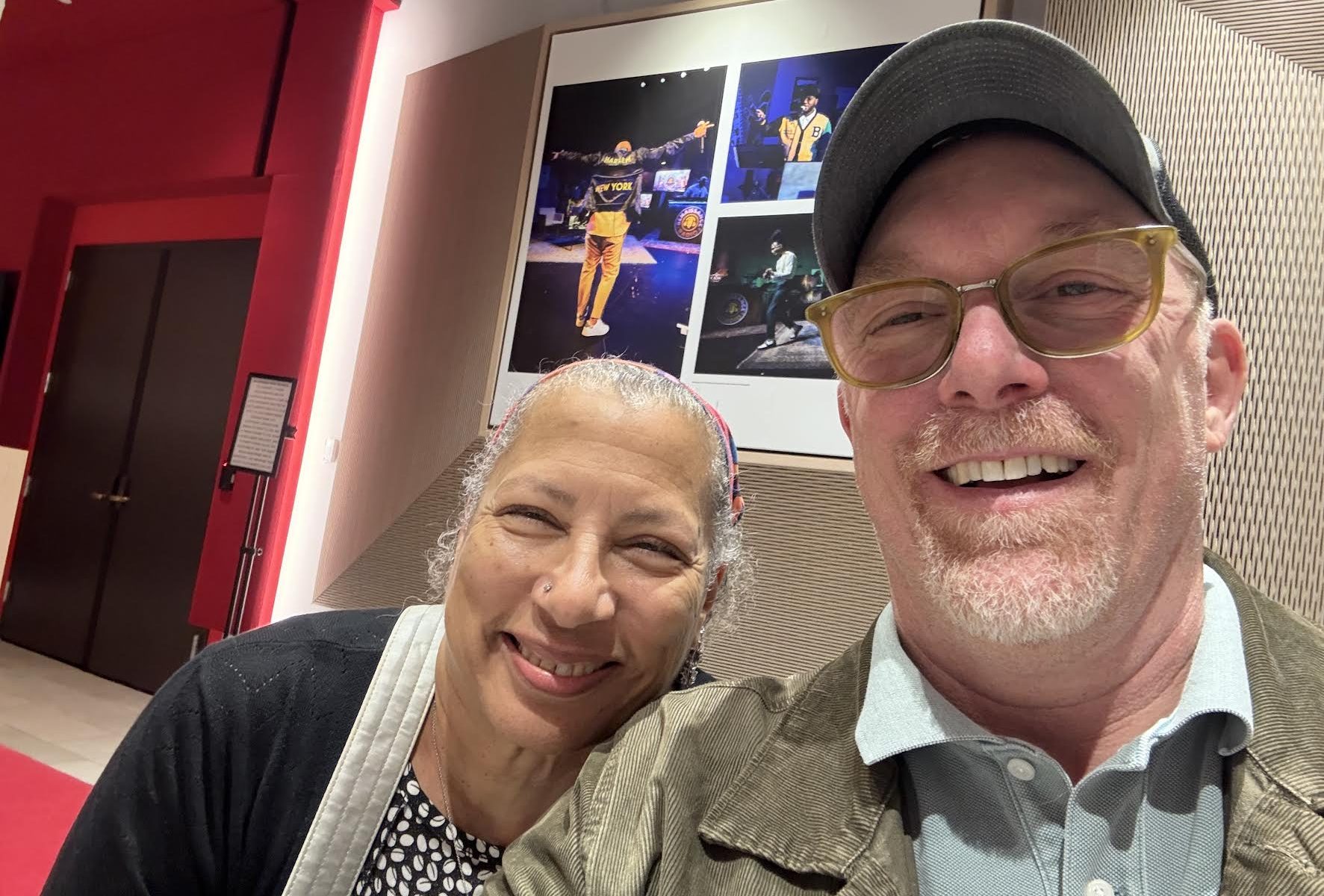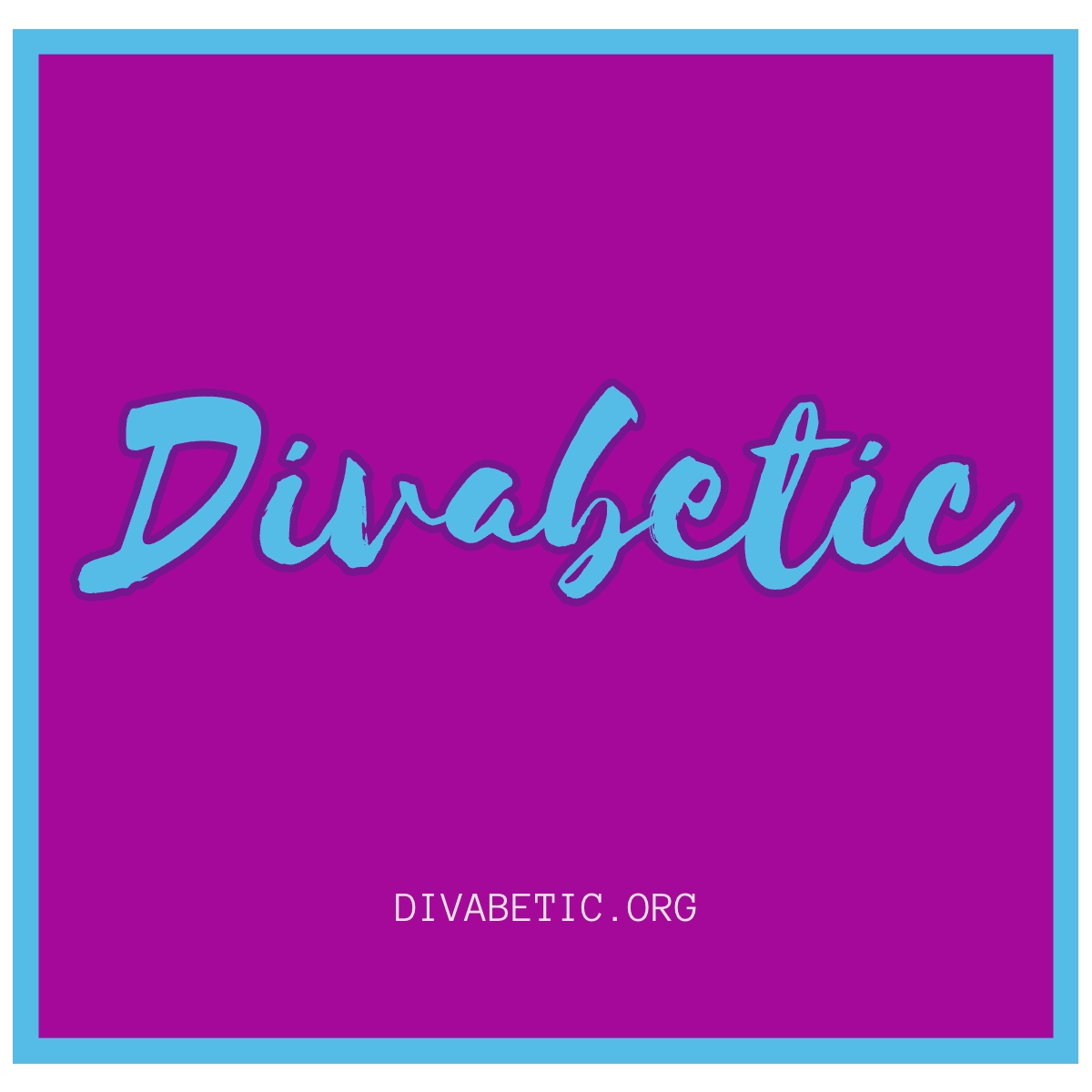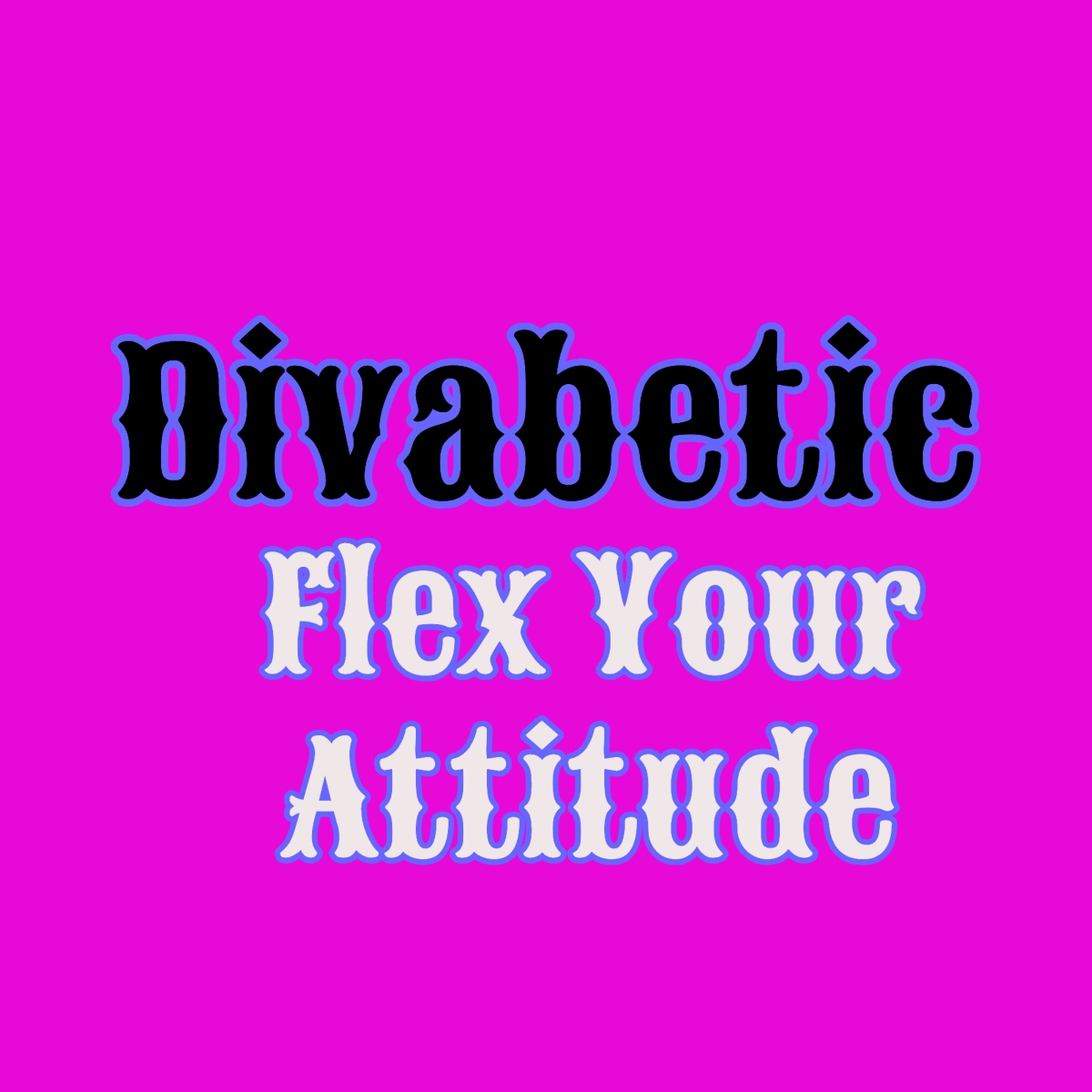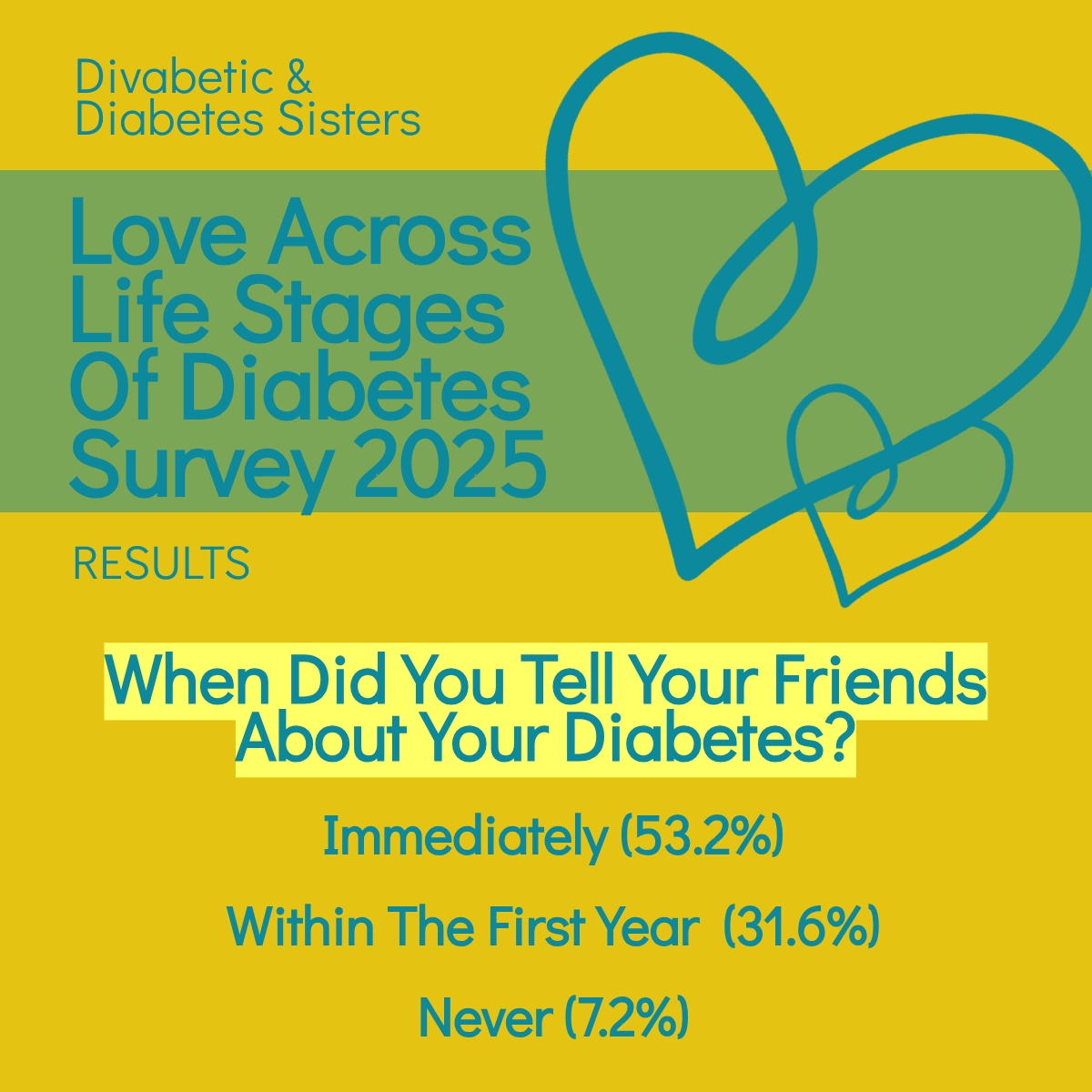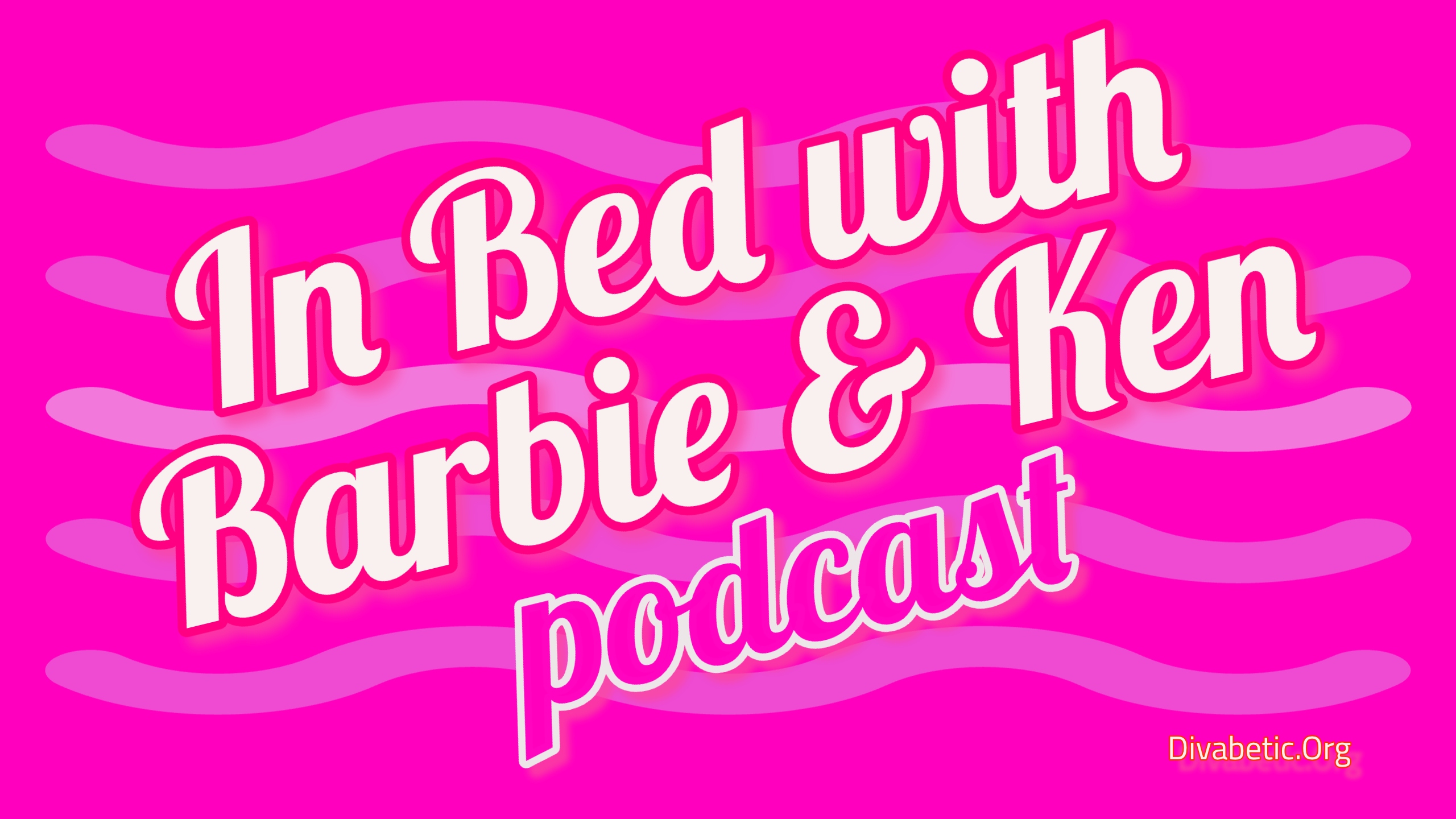This May, join FANDROSS in Los Angeles, CA, for two exciting Mother’s Day weekend events honoring Luther Vandross.
On Saturday, May 10, 2025 explore Luther’s Artistry and Elegance costume exhibit at the GRAMMY Museum featuring trivia, rare photos, memorabilia, and a panel discussion with Max Szadek, Luther’s former assistant.
On Sunday night, May 11, 2025 enjoy Terry Steele‘s wonderful Luther Tribute Concerts in Bel Air at Vibrato Grill, in Bel Air, CA with special guest Pat Lacy-Aiken at 6 and 8:30 PM.
It is a privilege for Max Szadek to be featured in the NAACP Image Awards-nominated documentary Luther: Never Too Much, where he shares his story of discovering Luther Vandross after experiencing a stroke due to mismanaged type 2 diabetes. He hopes to inspire others to proactively avoid a similar health crisis through advocacy.
Remember, if you notice any signs of a stroke, don’t hesitate to seek help right away – swift action can greatly impact your recovery. Let’s look out for each other! It’s essential to seek help, connect with a caring community, and share your journey.
Philadelphia’s beloved WDAS Radio personality, Patty Jackson, is a true inspiration! After surviving a stroke, she continues to bring joy to her audience behind the microphone and camera.




